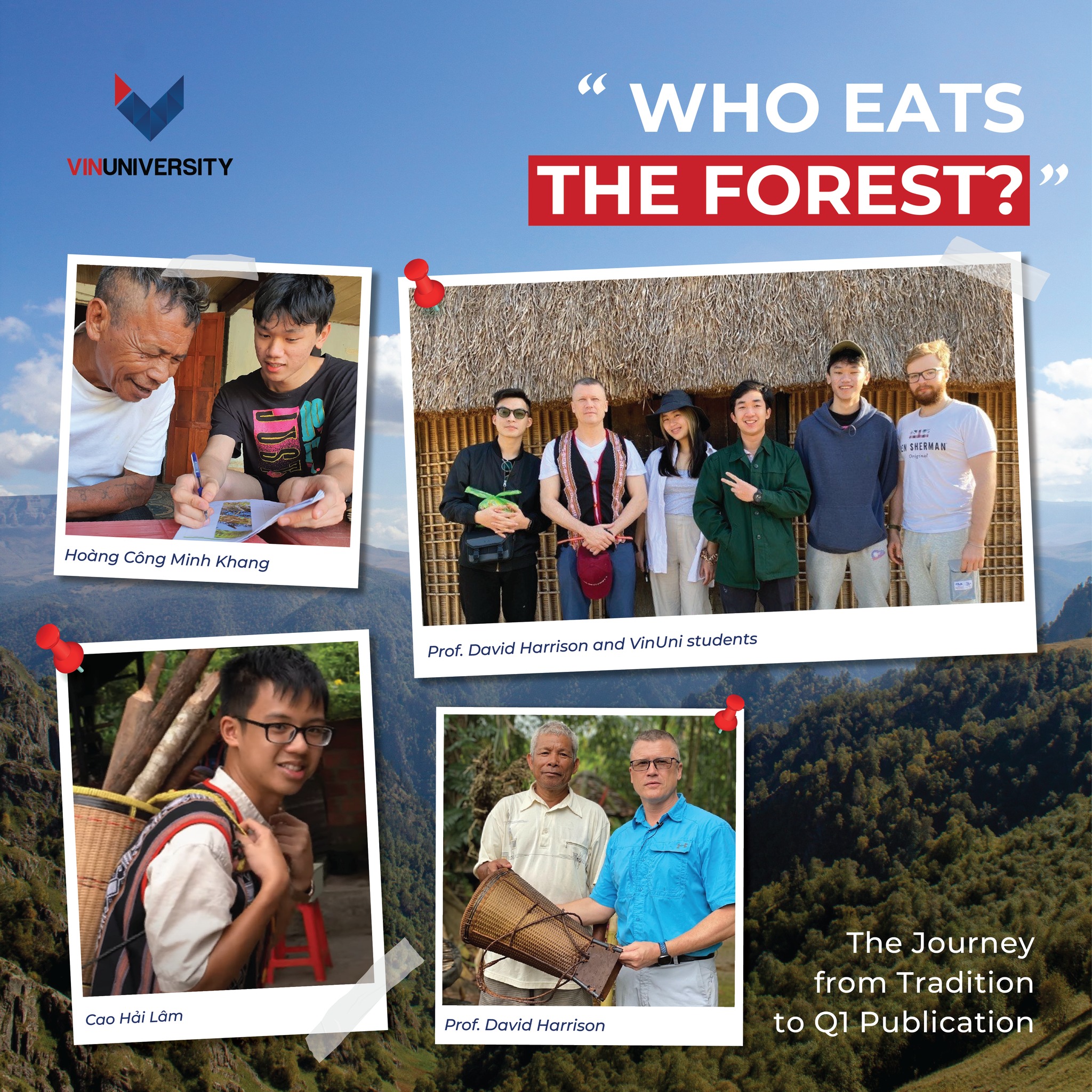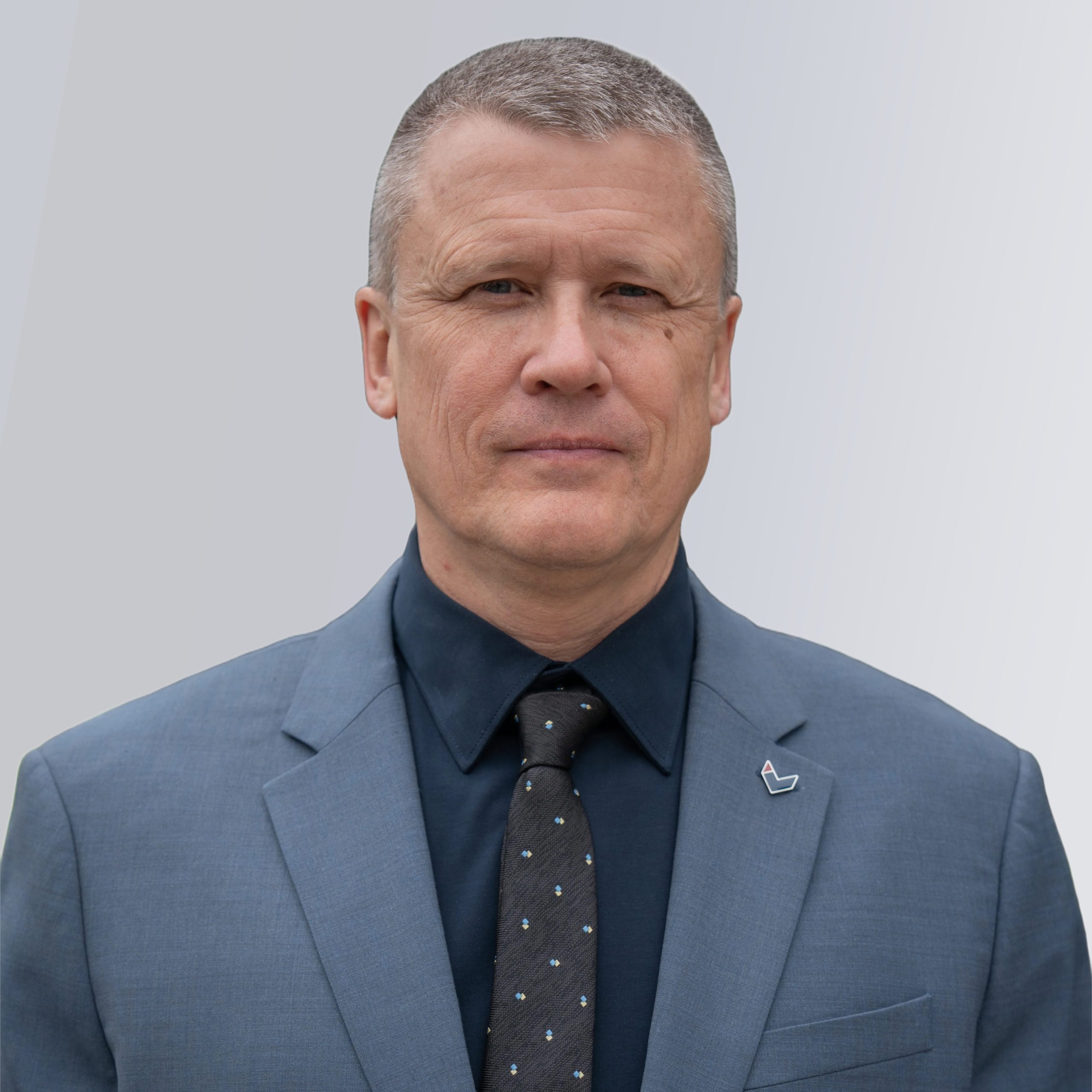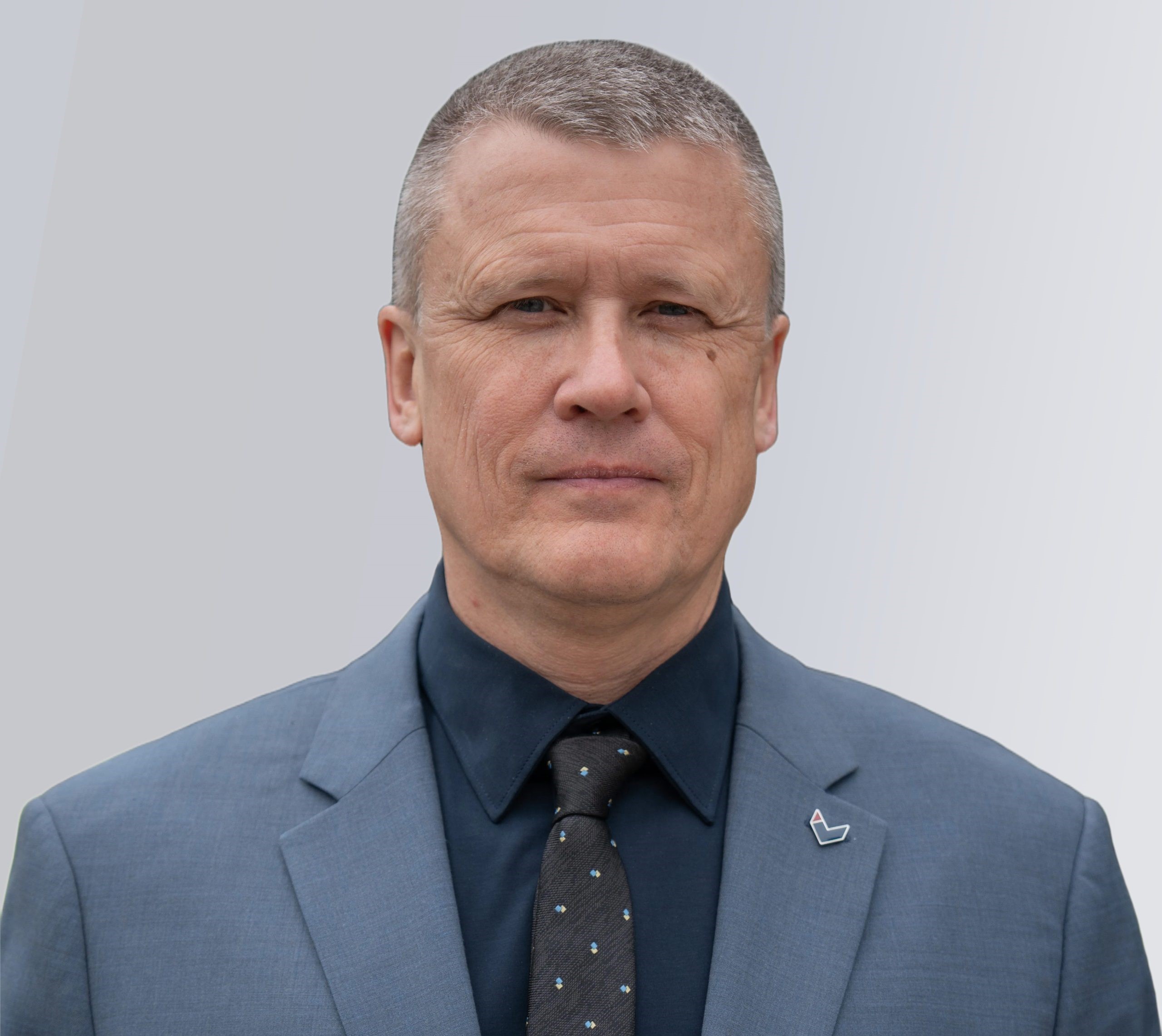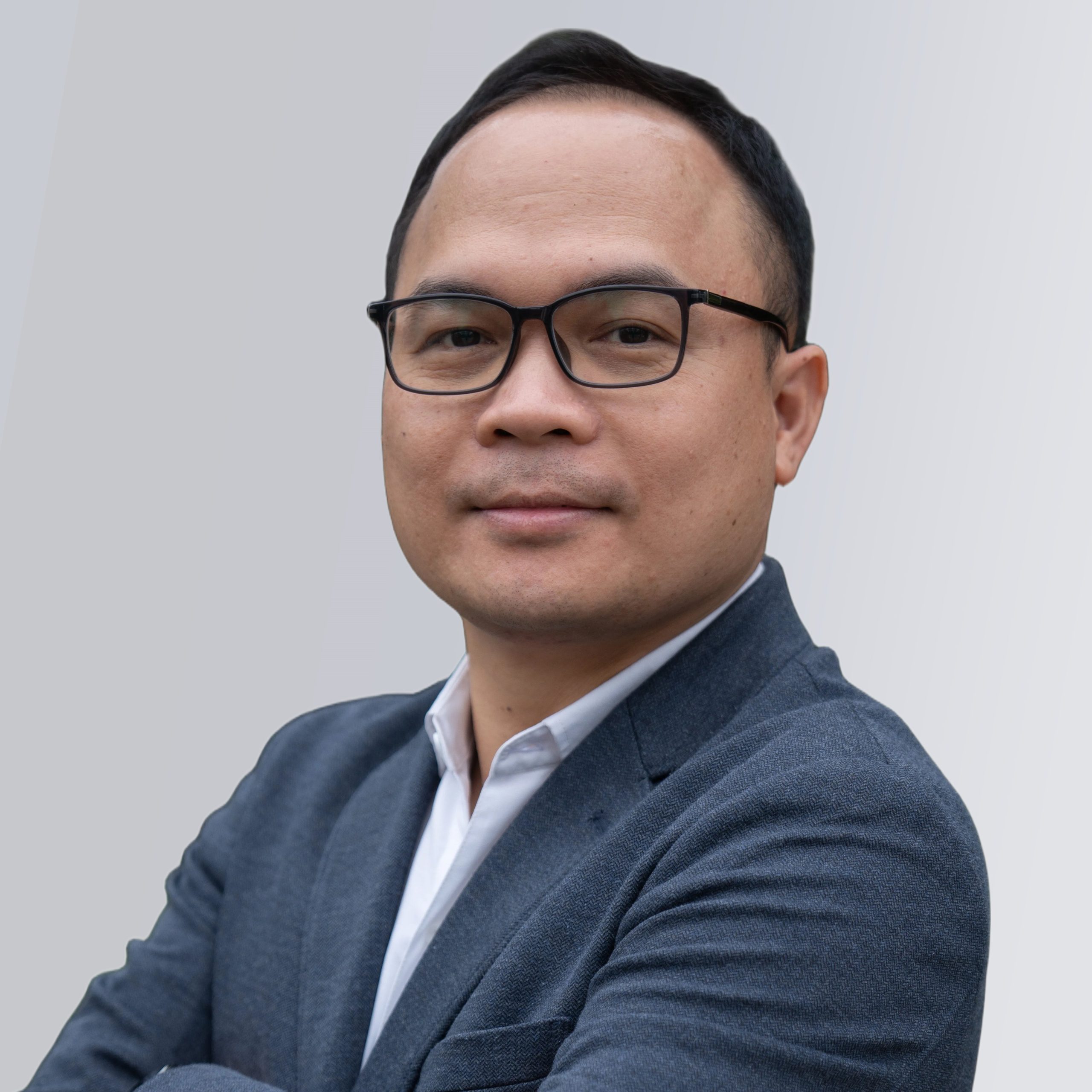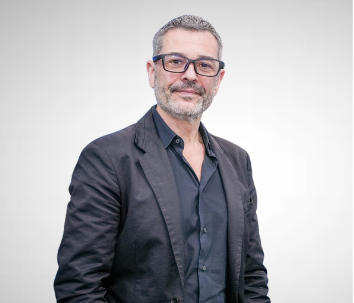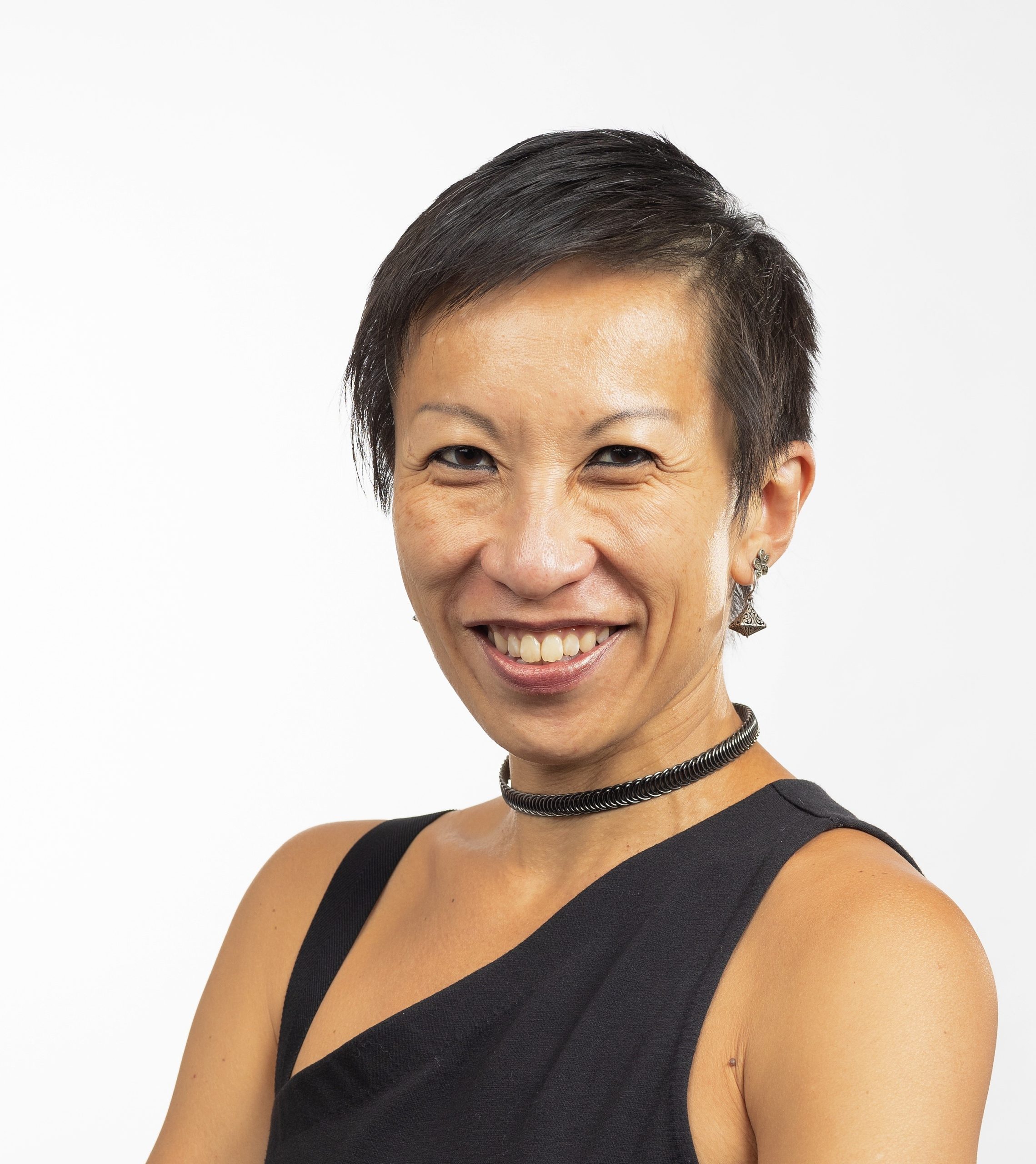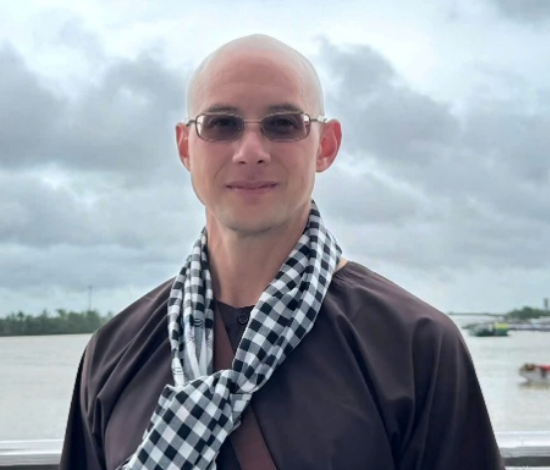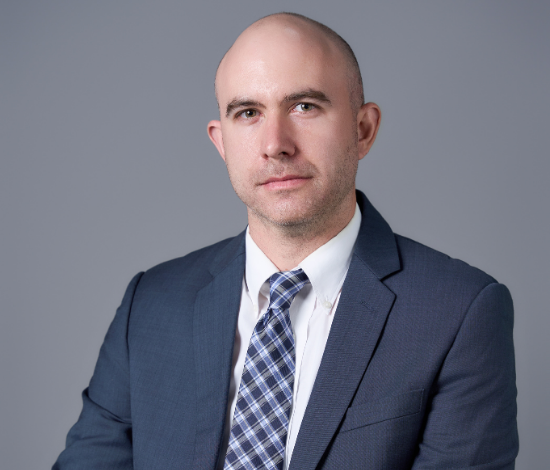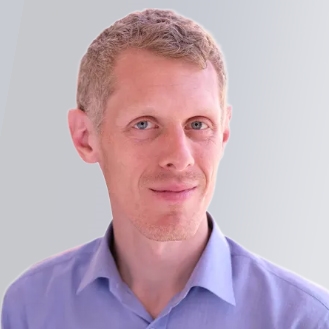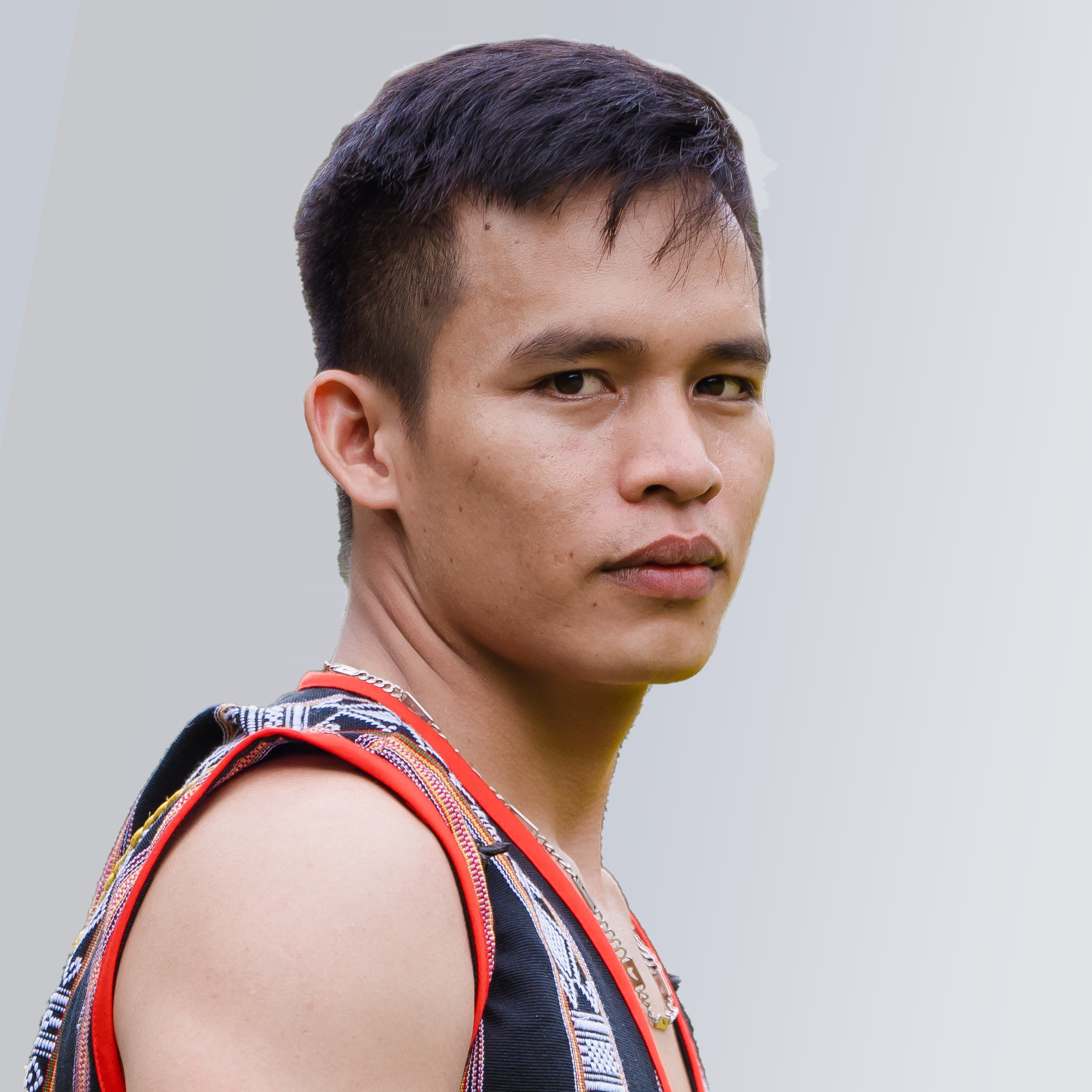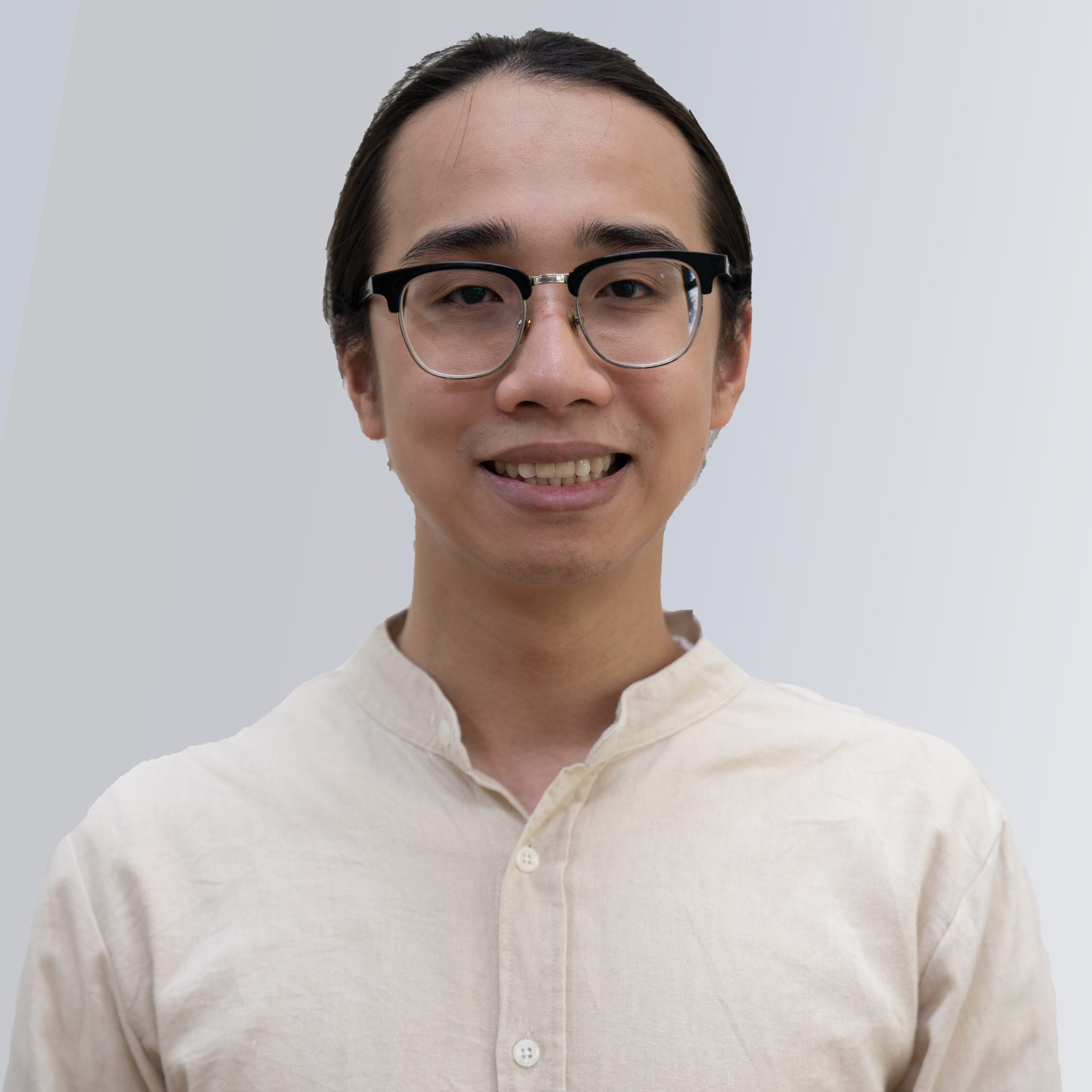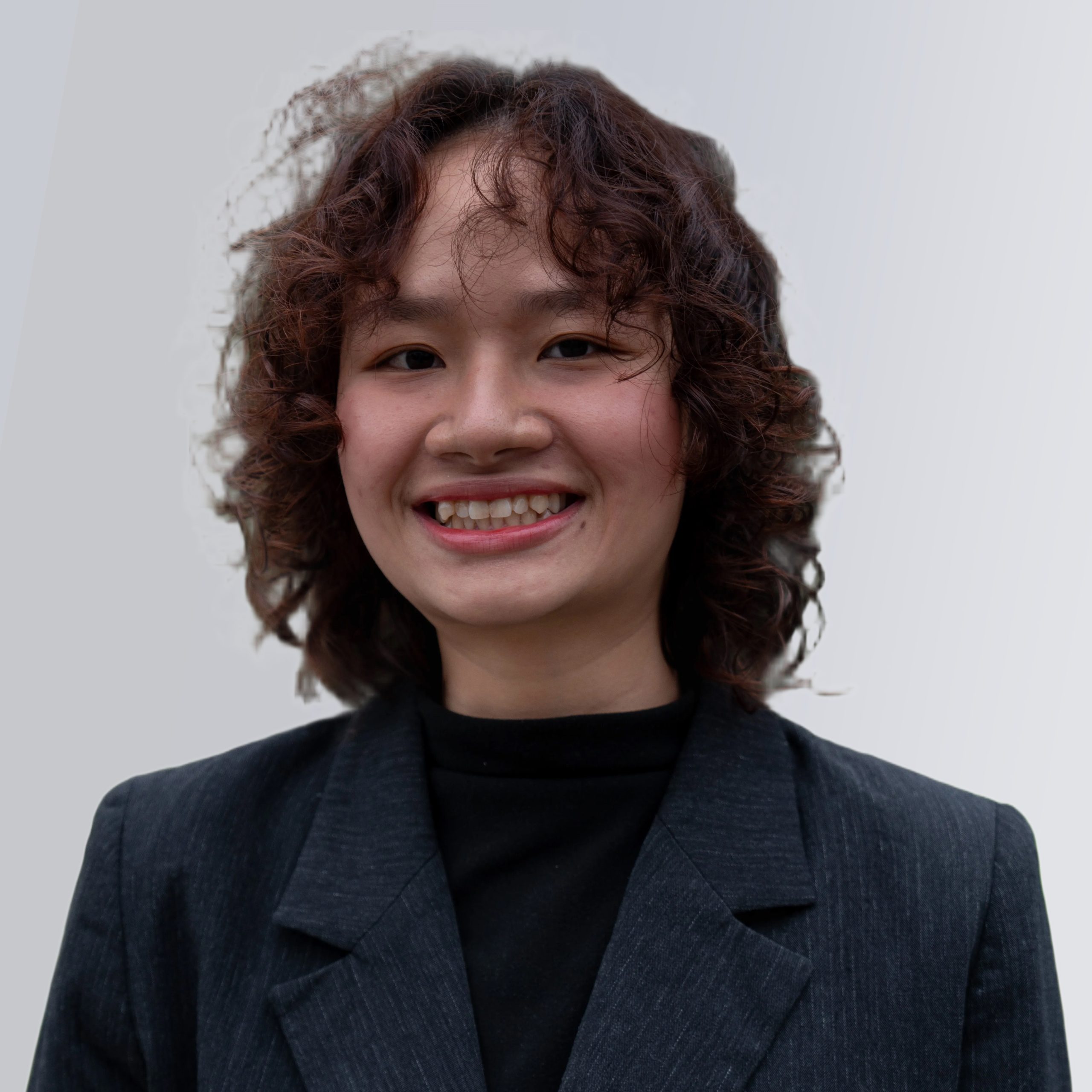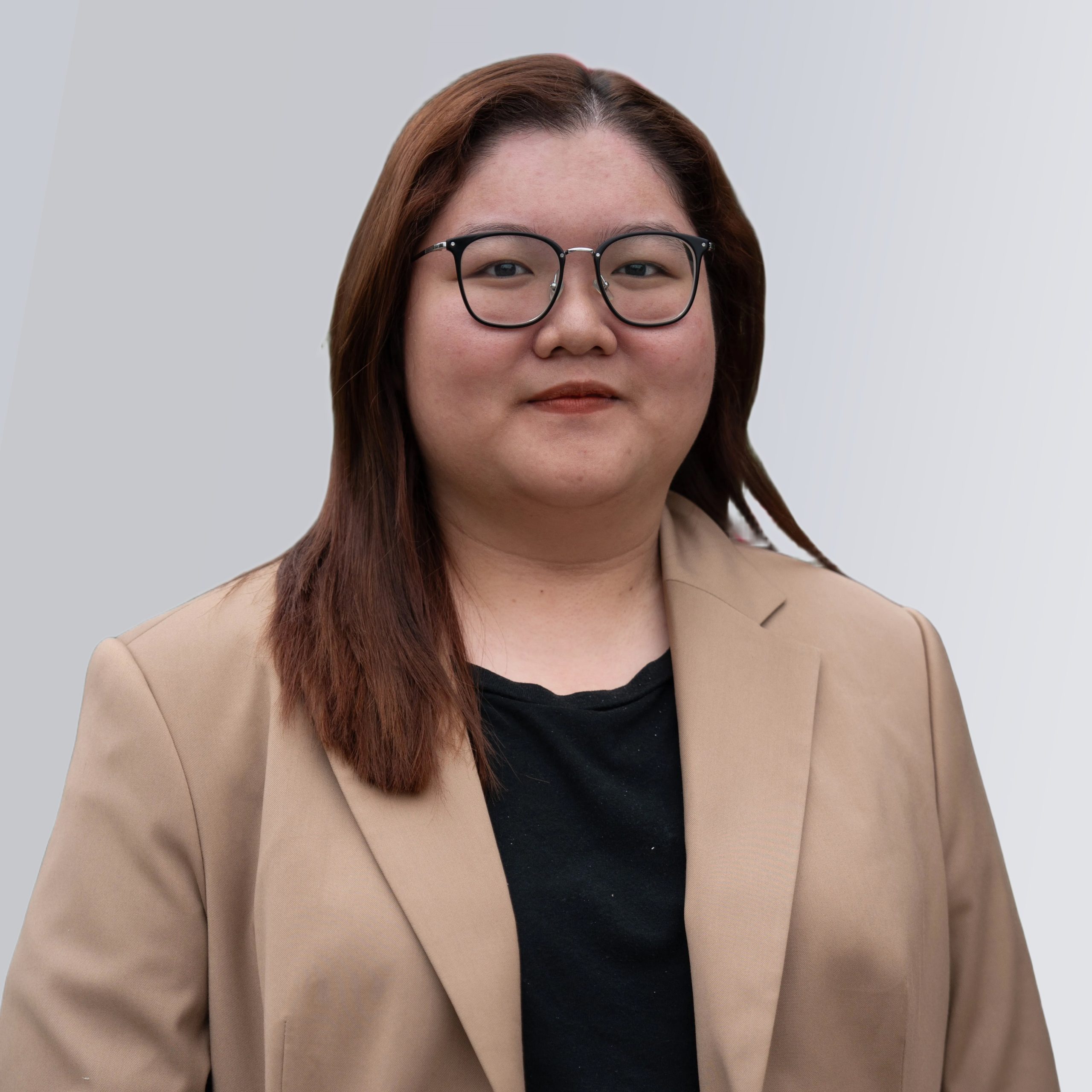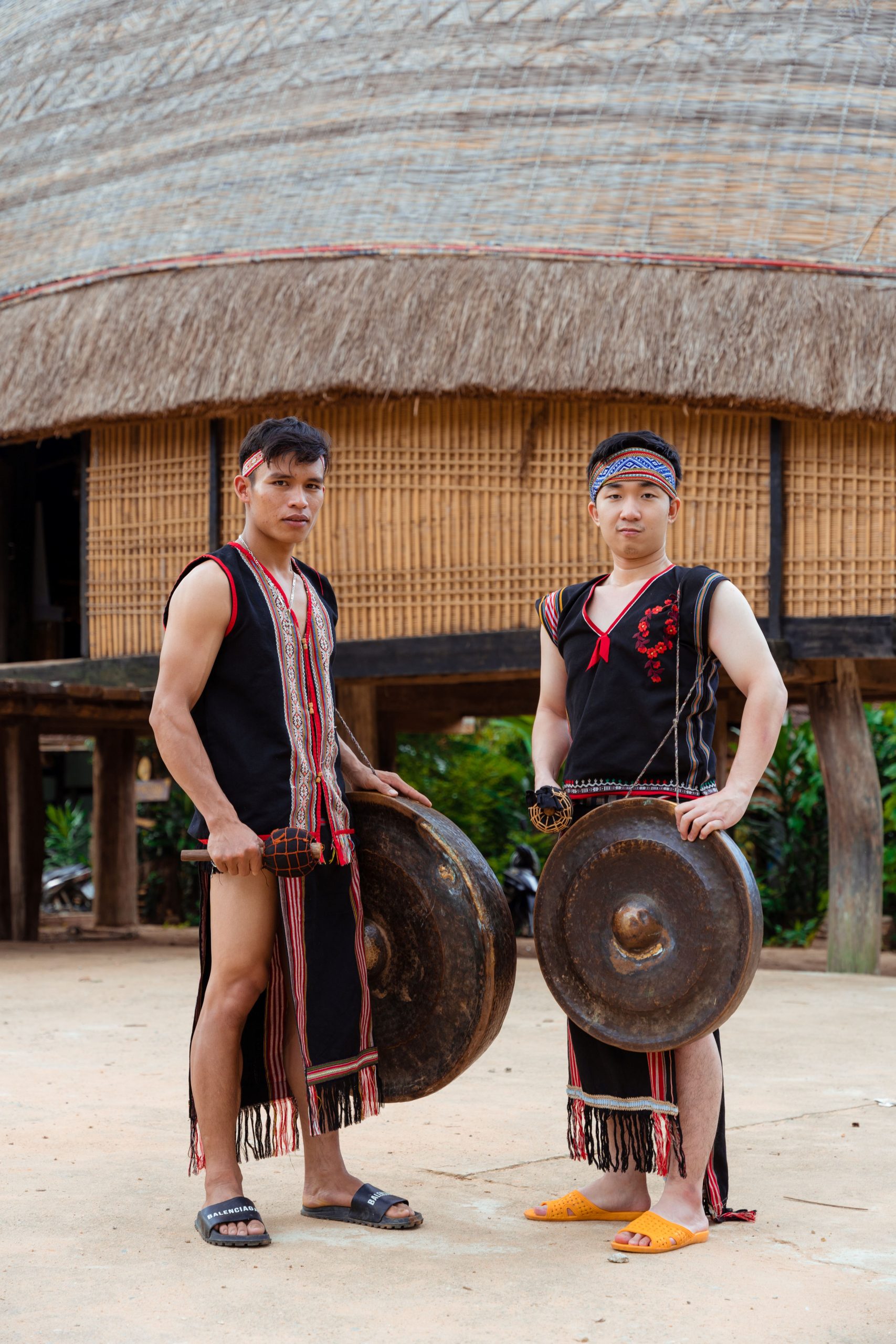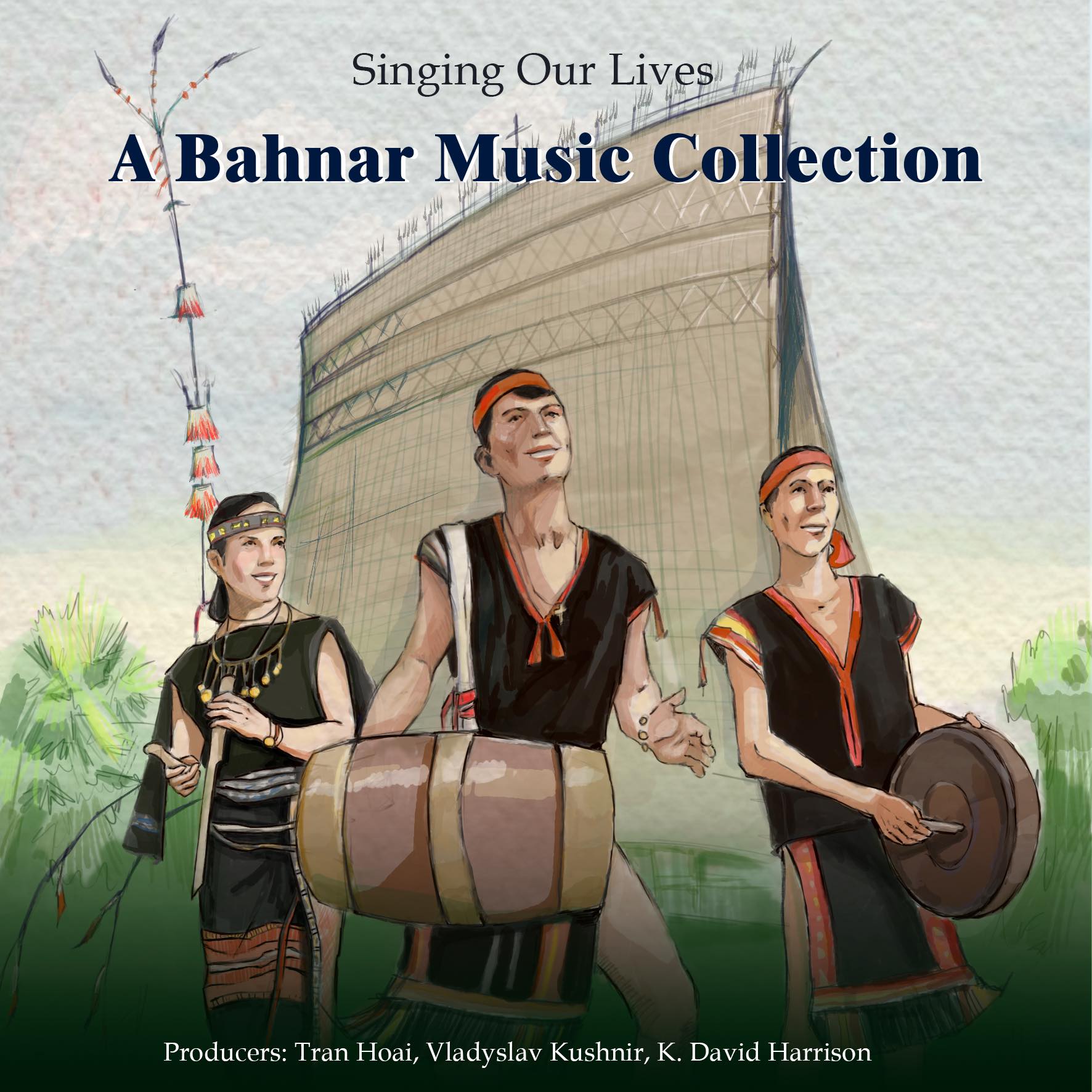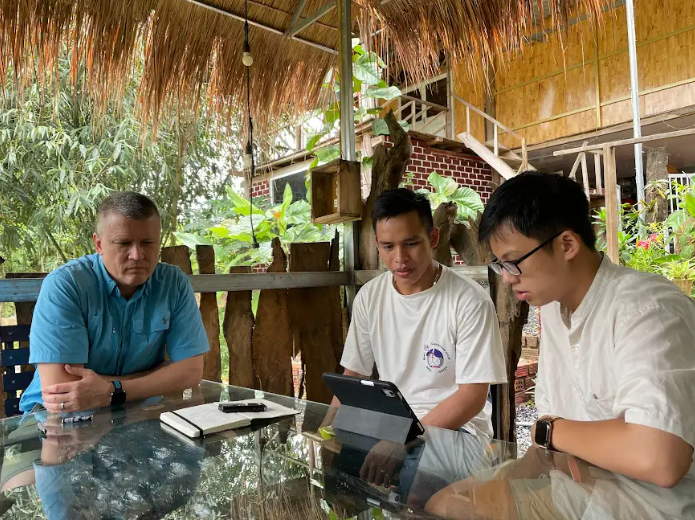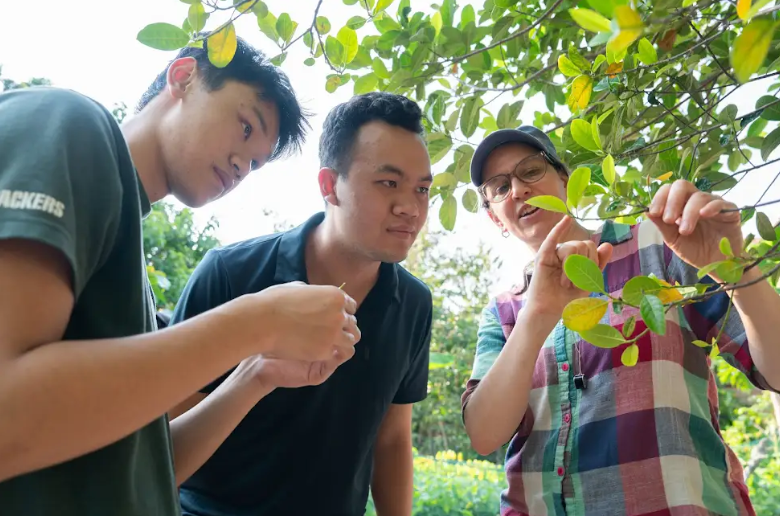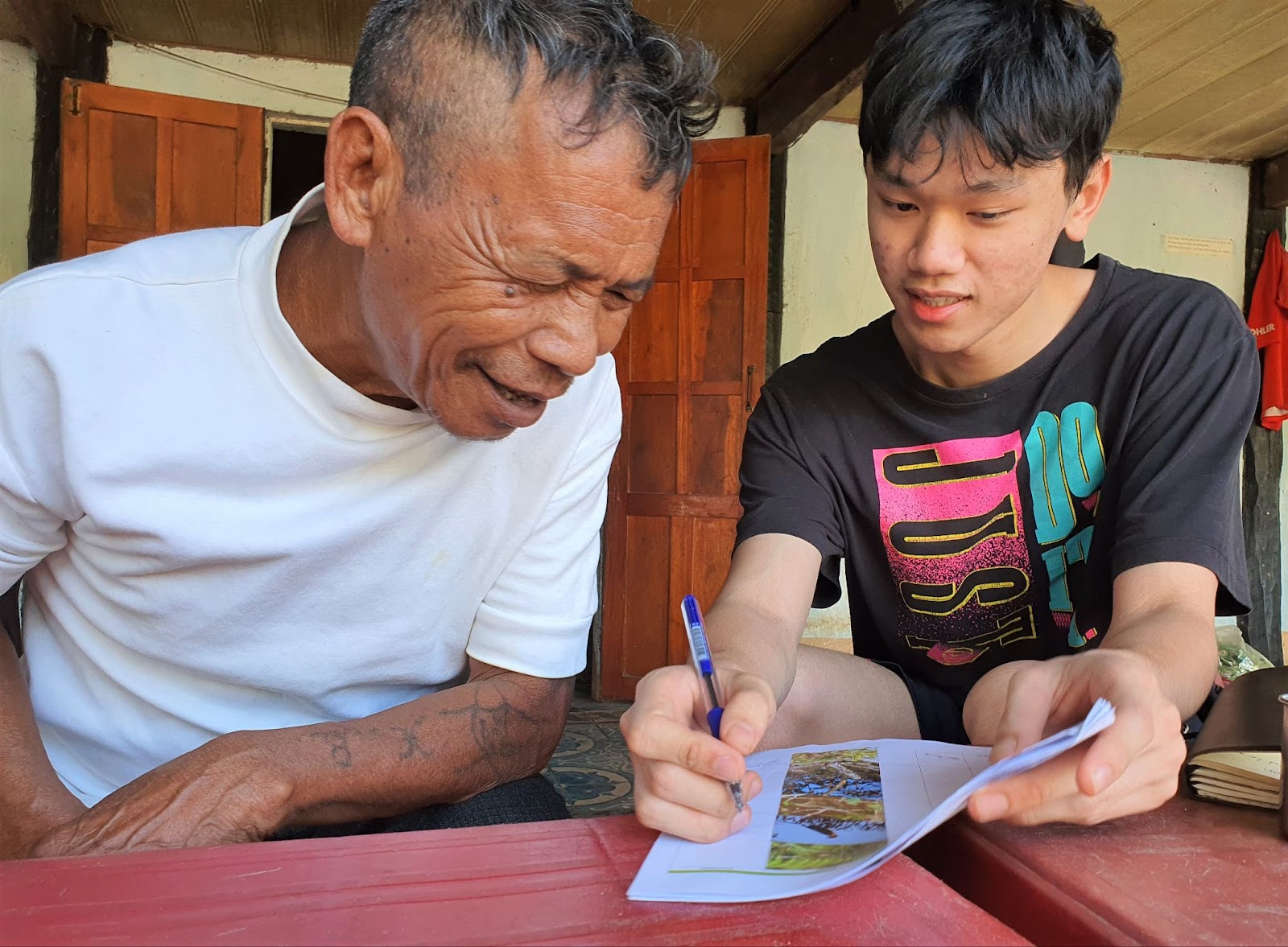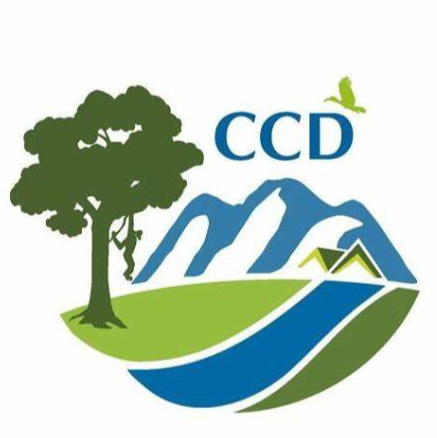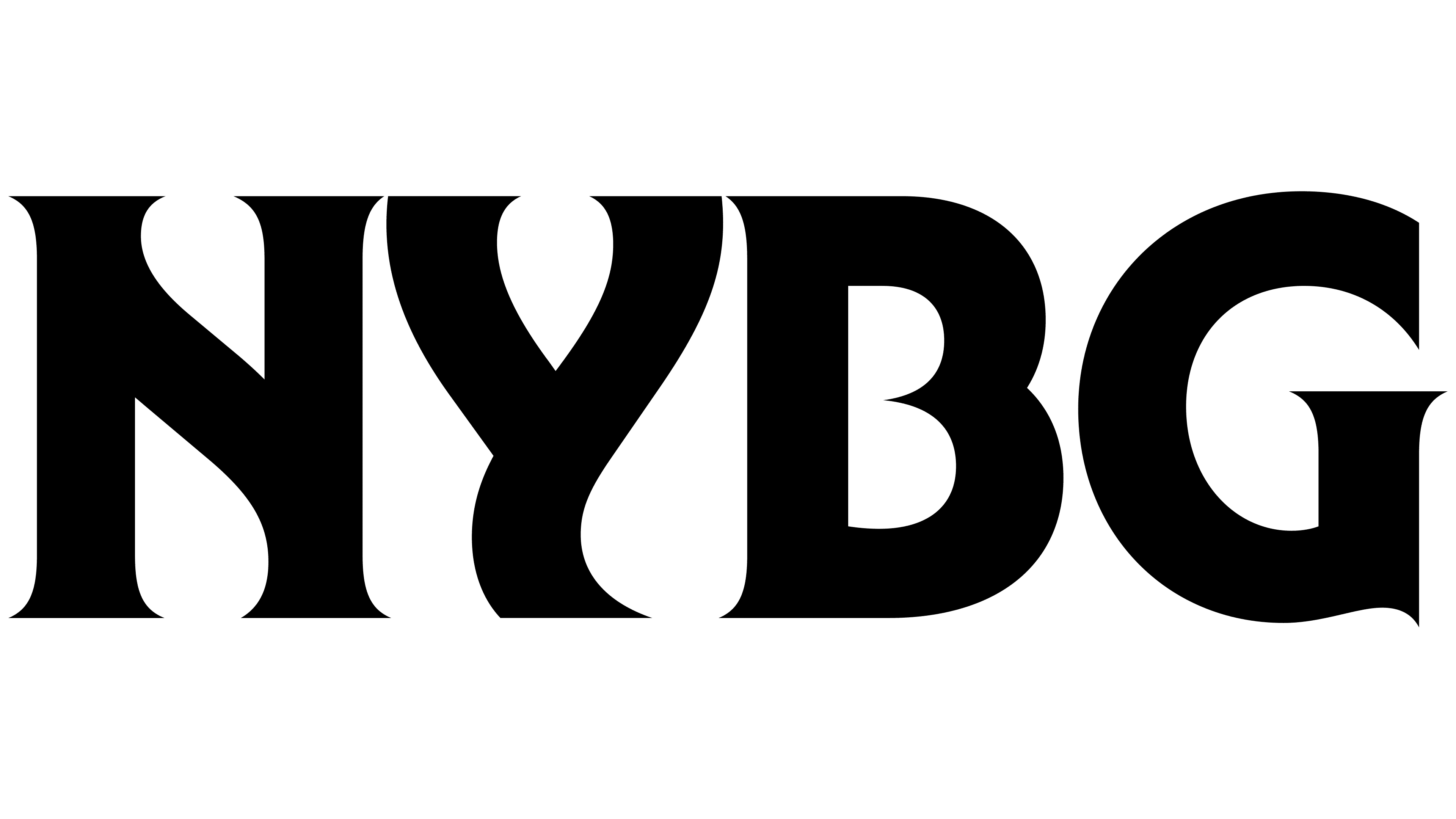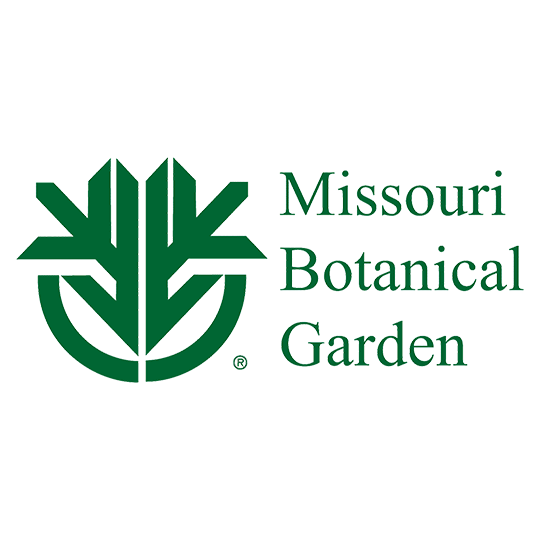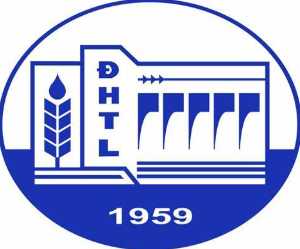VinUni UNESCO Chair
The General Secretary of Vietnam, Tô Lâm, witnessed the document exchange between VinUniversity and UNESCO at UNESCO’s Paris headquarters in October 2024. As this is the first UNESCO Chair established in Vietnam, it marks an important milestone in developing research capacity and training experts and leaders in the areas of environment, cultural heritage, and biodiversity in the country.
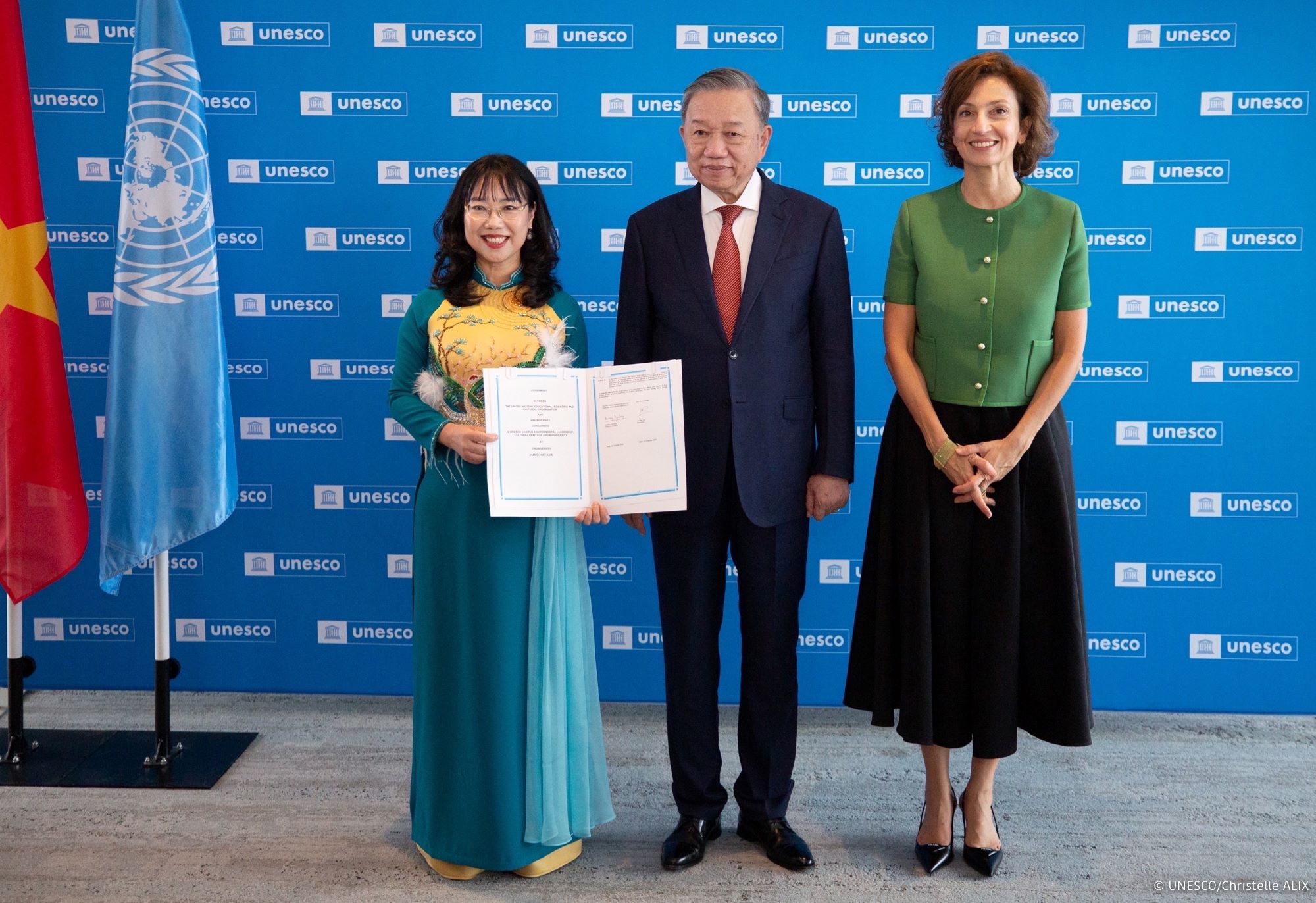
MISSION STATEMENT
Our mission is to nurture talents and train future leaders who will create environmental change. Within the cultural sphere, we will connect to ethnic minority communities in Vietnam, providing them a platform to share their environmental intelligence and cultural traditions. We are mindful of the UN Declaration on Indigenous Peoples (2007) which states that “recognizing that respect for indigenous knowledge, cultures and traditional practices contributes to sustainable and equitable development and proper management of the environment…” Finally, we will explore and help to protect Vietnam’s incredible biodiversity, especially plant life. Our proposed UNESCO Chair has three interconnected focus areas. Based on these three interconnected themes, we will launch an integrated program for research, training and education, and community engagement. We seek collaborations with like-minded individuals who want to help create a better, more diverse, and more sustainable Vietnam and world.
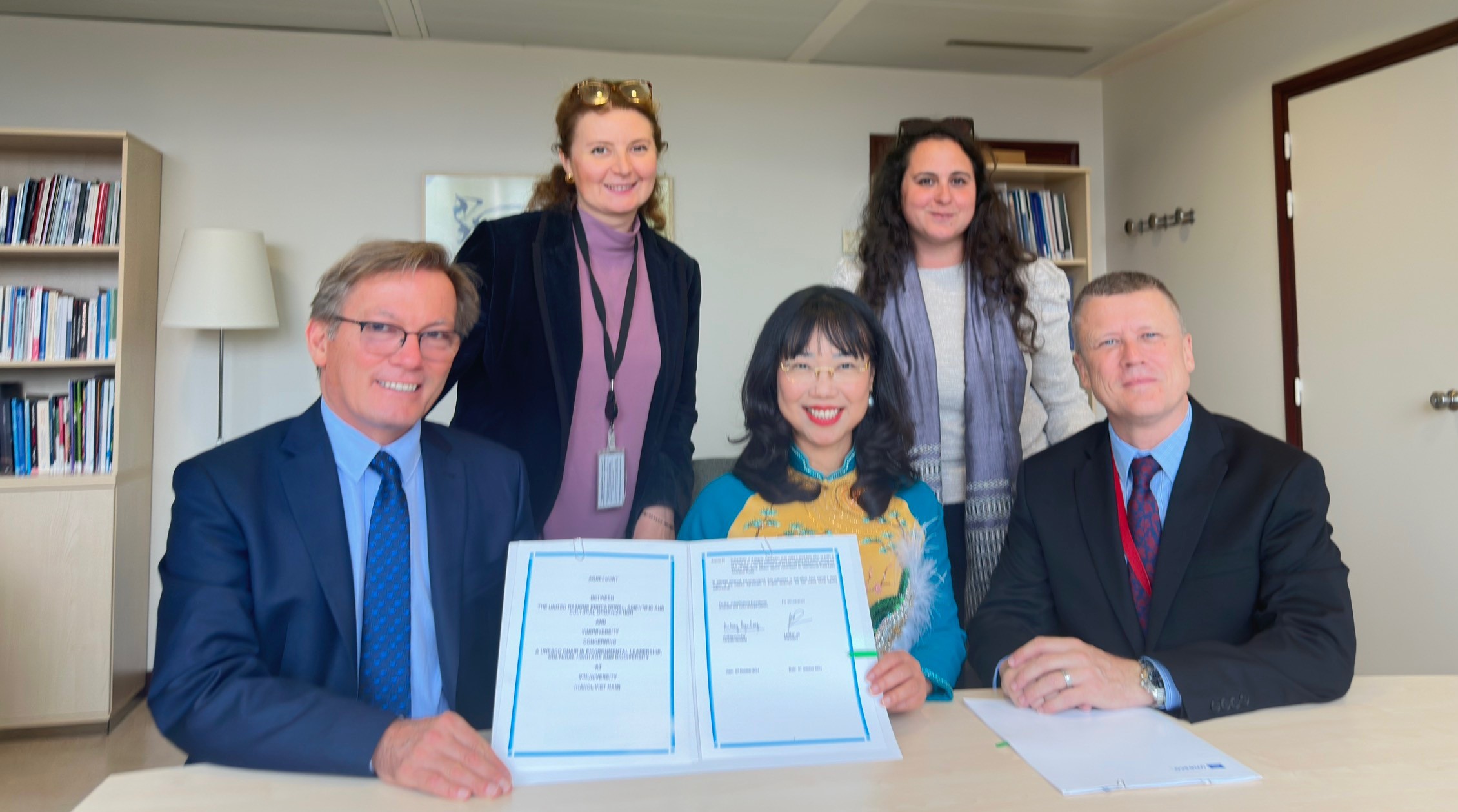
THE CHAIRHOLDER
The inaugural Chairholder is Prof. K. David Harrison, who received his PhD at Yale University and is a Professor at Swarthmore College & VinUniversity. Dr. Harrison is a well-known expert in endangered languages, a National Geographic Explorer, a Fellow of the Explorers Club, and a member of the Daylight Academy. His research has been funded by National Science Foundation (USA), National Endowment for Humanities (USA), Microsoft Research (USA), Velux Stiftung (Switzerland), Volkswagen Stiftung (Germany), and Center for Environmental Intelligence at VinUniversity.
OUR PEOPLE
K. David Harrison, PhD
Vice Provost for Special Projects, VinUniversity
Chairholder, UNESCO Chair, VinUniversity
Huynh Van Da
Co-Chair, UNESCO Chair, VinUniversity
Vice-Dean for International Relations, School of Political Sciences, Social Sciences and Humanities, Can Tho University
Tran Hoai, PhD
Director of Research, UNESCO Chair, VinUniversity
Umberto Ansaldo, Prof.
Dean, College of Arts and Sciences
Research Scientist - Linguistic and Cultural Heritage, UNESCO Chair, VinUniversity
Lisa Lim
Director of Engagement and Development, UNESCO Chair, VinUniversity
Anupama Devendrakumar, PhD
Assistant Professor, College of Arts and Sciences
Research Scientist - Heritage Economics, UNESCO Chair, VinUniversity
Tran Khai Hoai, PhD
Senior Lecturer, College of Arts and Sciences
Research Scientist - History and Cultural Heritage, UNESCO Chair, VinUniversity
Myles Liam Lynch, PhD
Research Scientist — Sustainable tourism, UNESCO Chair, VinUniversity
Assistant Professor, College of Arts and Sciences
Bui Thanh Tuong Thuy, PhD
Scientific Advisor — Linguistics, UNESCO Chair, VinUniversity
Project Director, Agile Innovation Center
Robbie Hart, PhD
Scientific Advisor — Biodiversity, UNESCO Chair, VinUniversity
Phanxico Xom, Mr
Culture Expert, UNESCO Chair, VinUniversity
Tran Manh Quan, Mr
Biodiversity Researcher, UNESCO Chair, VinUniversity
Tran Phuoc Lam Huy, Mr
Director of Education, UNESCO Chair, VinUniversity
Nguyen Thi Anh Thu, Ms
Researcher, UNESCO Chair, VinUniversity
Vladyslav Kushnir, Mr
Media Collaborator, UNESCO Chair, VinUniversity
Duong Ngoc Anh, Ms
Education Coordinator, UNESCO Chair, VinUniversity
Nguyen Thai Minh, Mr
Academic Assistant, UNESCO Chair, VinUniversity
Nguyen Mai Hong Vu, Ms
Research Assistant, UNESCO Chair, VinUniversity
GOVERNANCE
The UNESCO Chair is awarded to VinUniversity, which is the host institution. The Chair proposal has been approved by Vietnam’s National UNESCO Committee, and by Vietnam’s Ministry of Foreign Affairs, and is administered under UNESCO’s “Future of learning and innovation” program, based in Paris.
The Chairholder is Professor K. David Harrison. The initial term of the Chair is 4 years, from October 7, 2024 through Oct. 6, 2028, and is subject to renewal thereafter. Project members include Assoc. Prof. Huỳnh Văn Đà (CTU), Dr. Trần Hoài (VNU), Dr. Myles Lynch (VinUniversity), and many VinUniversity students. Our activities are guided by expert advisors from the Vietnam Ministry of Foreign Affairs, Can Tho University, Thuy Loi University, Center for Nature Conservation and Development (Hanoi), Missouri Botanical Garden, New York Botanical Garden, and VinUniversity.

VALUES AND PRINCIPLES
Our Chair seeks to benefit multiple stakeholders working in the heritage and environment space. We value inclusivity, diversity, and mutual respect, and we practice non-discrimination. The Chair advances the United Nations’ Sustainable Development Goals, most notably #4—Quality Education, #11—Sustainable Cities and Communities, #13—Climate Action, and #15—Life on Land (especially “halt[ing] biodiversity loss”). In our work with ethnic minority communities in Vietnam, we fully comply with all relevant Vietnamese laws, regulations and government policies. We also adhere to the WIPO (World Intellectual Property Organization) “Guidelines for Ethical Research in Indigenous Studies” which state: “At every stage, research with and about Indigenous peoples must be founded on a process of meaningful engagement and reciprocity between the researcher and the Indigenous people.” Reciprocity is an important value in all our work, and so we relate to indigenous experts as knowledge partners, not as research subjects. We recognize cultural heritage as a form of intellectual property, and consider ourselves to be the curators, but not owners, of any data we collect. Whenever possible, we include indigenous experts as co-authors on journal papers and digital resources that we create. Additionally, any research involving human participants is approved by the Research Ethics Board of VinUniversity.
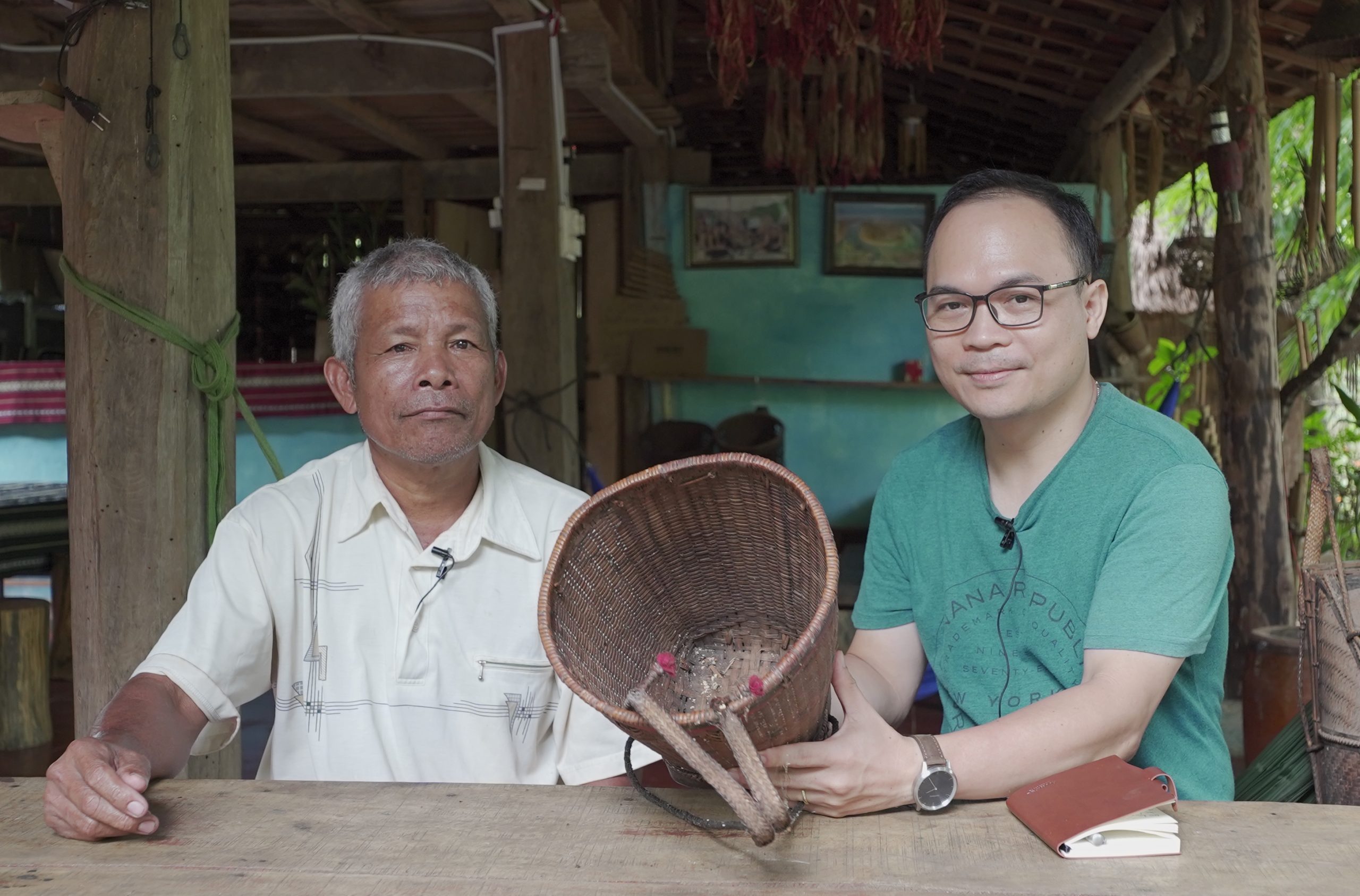
ENVIRONMENTAL LEADERSHIP
We recruit and train future leaders who will protect the environment. Our training workshops, held once per quarter, combine the best in current theory and practice about leadership with a deeper knowledge of Vietnams’ most pressing environmental issues. Students who attend our workshops develop a better understanding of their own leadership aptitude and skills. They develop competence in the theory and application of the UN Sustainable Development Goals (SDGs). Finally, they gain confidence and soft skills to effectively communicate and motivate others.
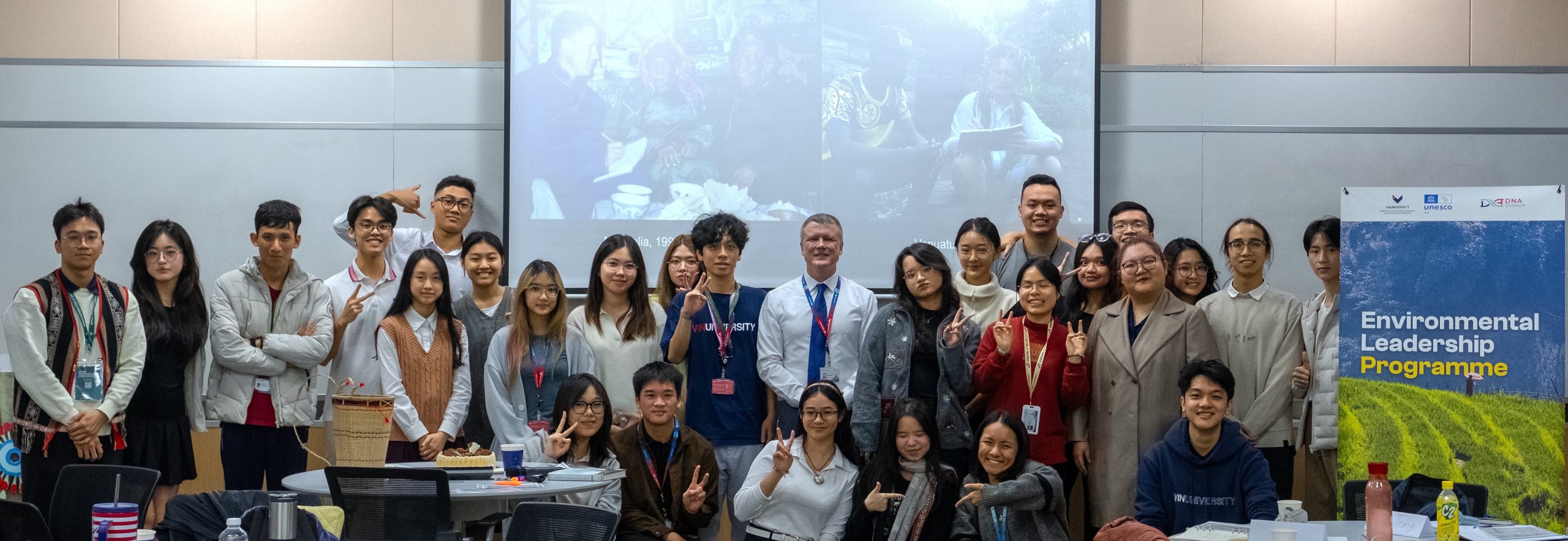
CULTURAL HERITAGE PRESERVATION PROJECTS
According to UNESCO, nearly half of the world’s 7,000 languages are at risk of disappearing by the end of this century, threatening an irreplaceable loss of cultural diversity and traditional knowledge.
The Bahnar Language and Cultural Preservation Project by VinUniversity aims to document and revive the rich heritage of the Bahnar ethnic group in Vietnam. With a focus on preserving their endangered language and cultural traditions, this initiative highlights the critical link between language, identity, and environmental knowledge. As a member of the UNESCO network, the project contributes to preserving Vietnam’s unique heritage and enriching the diversity of global culture. Additionally, it nurtures and inspires Vietnamese and global youth, starting with VinUni students, to raise awareness of the value of cultural heritage and the responsibility to preserve it.
BIODIVERSITY PROTECTION PROJECTS
We train future leaders to understand the basic facts about plant and animal diversity, as well as techniques for protecting it. We adopt ‘citizen science’ techniques, such as Bioblitz, and train users on freely available platforms such as iNaturalist. We collaborate closely with professional botanists from New York Botanical Garden (USA), Missouri Botanical Garden (USA), and the Center for Nature Conservation and Biodiversity (Hanoi).
EDUCATION AND TRAINING
We conduct leadership training workshops for Vietnamese youth who will be future leaders, and who care about protecting the environment. Our inaugural workshop was held on December 7-8, 2024, with 25 participants. We will post more information here as we plan additional workshops.
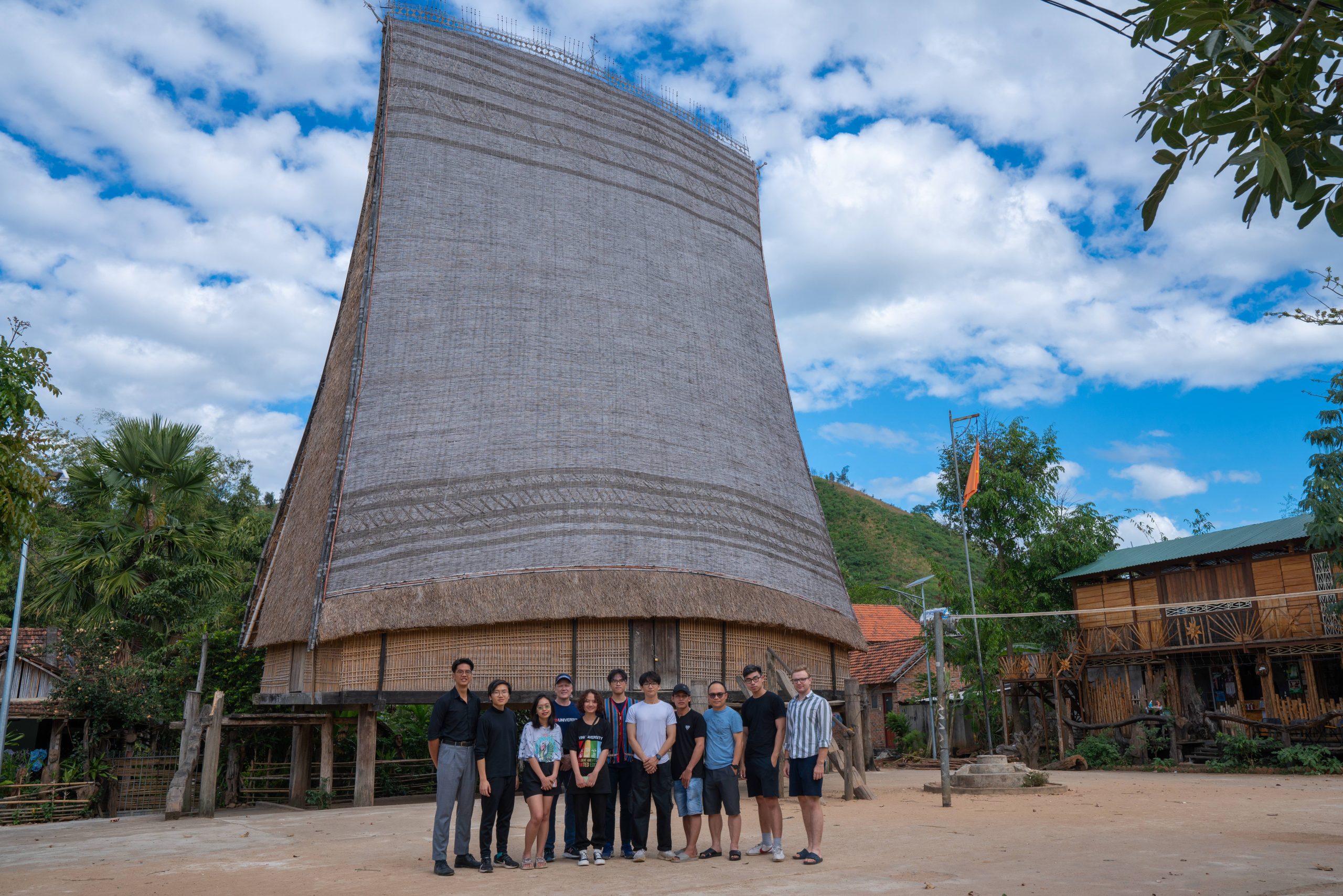
RESEARCH AND PUBLICATION
Our research at the UNESCO Chair in Environmental Leadership, Cultural Heritage, and Biodiversity focuses on the intersection of sustainable development, conservation, and cultural preservation. Explore our comprehensive collection of research papers to learn more about our work and its impact HERE.
